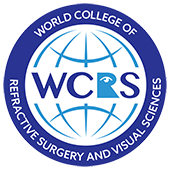
The WCRS is a trusted resource for establishing a standard of qualifications and quality of care in our specialty for recognition by our peers in the medical profession and for trust in the eyes of our patients. The WCRS Board will provide a recognized set standard for qualifications in Refractive Surgery through an authoritative credentialing process of:
The benefit for refractive surgeons is to enhance their career and qualifications by enriching their knowledge and skills while providing a required standard of credentials that will be recognized by patients, peers, and the general public.
The WCRS is not competitive with any teaching organizations. We strive to collaborate with existing organizations by recognizing their coursework as part of the pathway to fellowship certification in Refractive Surgery.
Become a WCRS Certified Surgeon
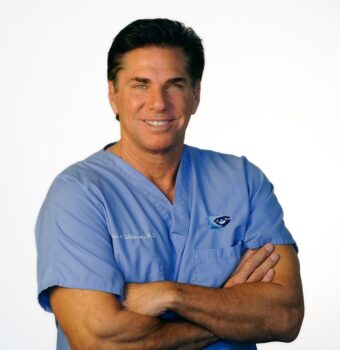
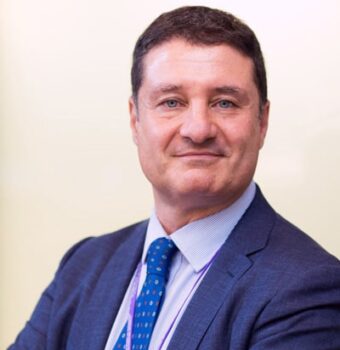
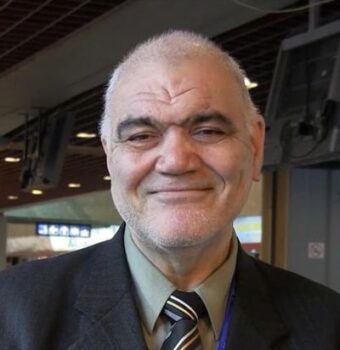
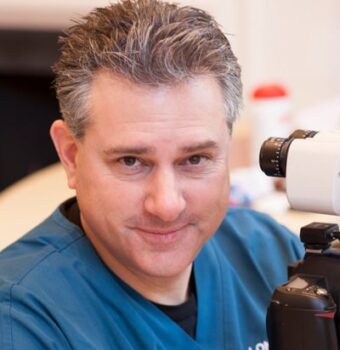

For a limited period of time, the WCRS is offering Charter Core Group Fellowship to those surgeons who meet requirements.
All physician candidates for Certification in Refractive Surgery by the WCRS must have a documented MD or DO degree, have graduated from a board-accredited Ophthalmology residency program of a board-accredited Ophthalmology program, and be currently licensed to practice in their country. They must also meet all requirements listed below and go through board approval.
Review requirements for Charter Core Group
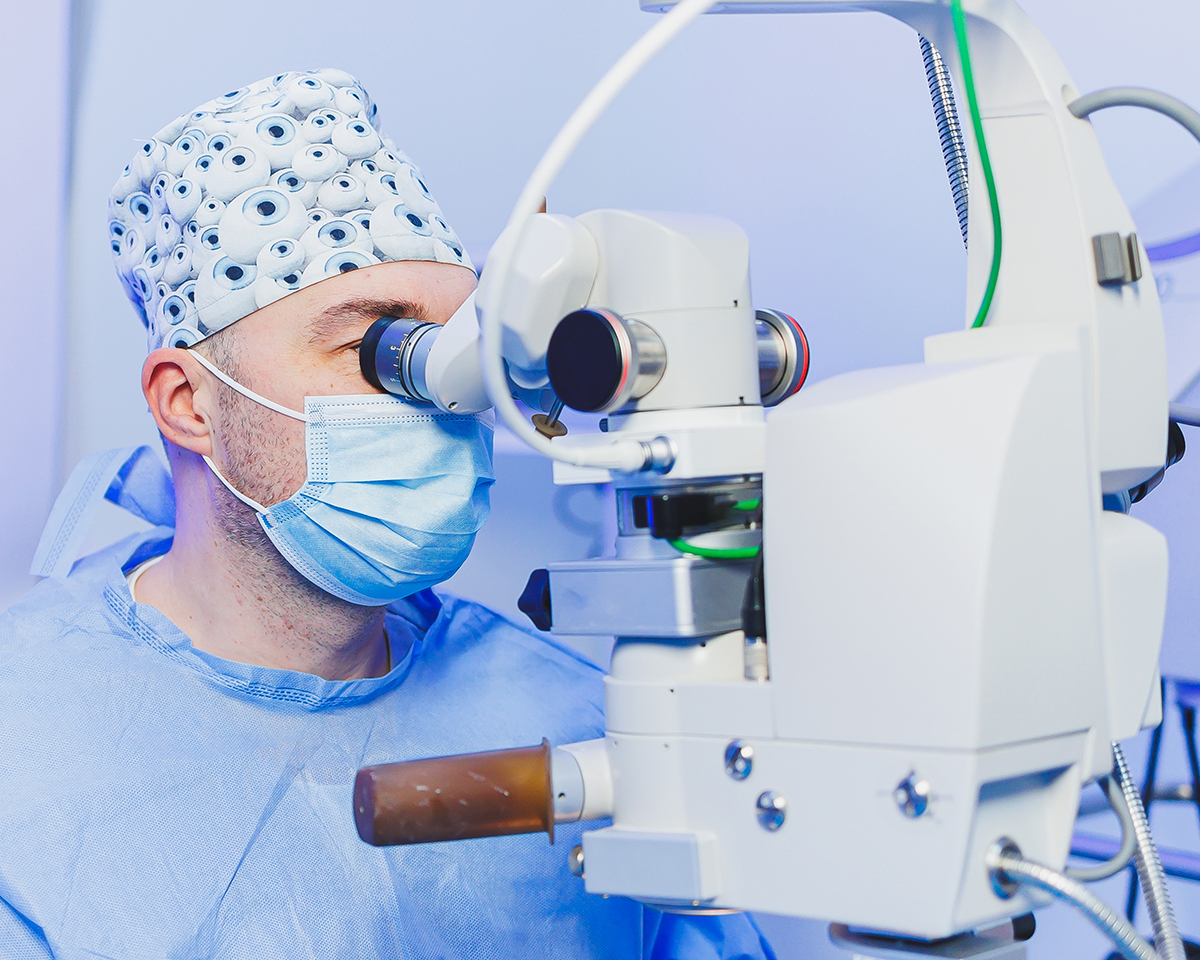
Charter Core Fellows are Board nominated and receive special recognition by the WCRS Board for their experience, expertise and years mastering the core-competencies of Refractive Surgery and their recognized level of surgical skills:
The World College of Refractive Surgery and Visual Sciences (WCRS) was founded to represent Refractive Surgery as a standalone ophthalmic specialty.
The WCRS is the official Specialty Board for Refractive Surgery. It will provide credentialing (certification & accreditation) in Refractive Surgery.
The VFF is the affiliated charitable foundation of the WCRS. As a 501c3 Foundation it has its own independent Board and its primary mission is addressing the two main causes of preventable blindness, cataract and unaddressed refractive error, through refractive surgery in disadvantaged populations worldwide.
The definition of a medical specialty is a branch of medical practice focused on a defined group of patients, diseases, skills or philosophy.
Refractive surgery uses a variety of advanced skills, technologies, and techniques whose purpose is aimed at improving uncorrected vision and restoring visual function for individuals with refractive errors, without relying on traditional prosthetic devices such as glasses or contact lenses. It is a different group of patients from our disease-based practice in that it may include a defined group of cash pay surgeries or medical procedures performed on relatively healthy eyes, free of serious disease, solely to improve vision for refractive purposes. Refractive surgery is about performance whereas general ophthalmology is about pathology.
Refractive Surgery as a specialty represents a very small minority of the world's 280,000 ophthalmologists. Education, training, clinical and surgical practice, teaching and research in Refractive Surgery crosses borders and has developed into a broad collaborative international initiative. The WCRS desires to be representative of that world view.
No. The WCRS is not competitive with any other teaching organization. Its purpose is to be supportive and collaborative with all other teaching organizations. The WCRS will add value to all organizations that provide education and training in Refractive Surgery by providing them with approved WCRS accreditation of live lectures, texts, articles, virtual presentations and training for practicing refractive surgeons.
Excellence is recognized through certification and credentialing in Refractive Surgery.
The WCRS website will have a provider portal with applications for surgeons who are interested in Board Certification in Refractive Surgery by the WCRS. The website details the threshold standards for credentialing ophthalmologists who are practicing refractive surgery as well as for those in a refractive surgery fellowship.
Yes. As a FWCRS fellow, your only requirement and responsibility are acceptance of the bylaws and code of ethics of the WCRS and minimum yearly Maintenance of Certification (MOC) by documentation of having participated in 30 hrs of CE per year. (MOC is required by law in most countries to keep certification in any specialty).
You will be differentiated by the prestigious academic post-nominals FWCRS added to your professional credentials.
Yes. There is a minimum yearly fee as a professional group to remain in good standing and for maintenance of website, “find-a-fellow” for public search access, badge certifications, MOC and verified recertification and other programs as detailed on the website.
The WCRS is not meant to be a club or a social membership organization. Any additional fees will only be offered for special professional programs that may benefit our Fellows.
Yes. We will work closely in collaboration with other all professional societies, organizations, residency programs, ophthalmologists, collaborative optometrists, visual scientists, ophthalmic technicians, nurses as well as corporate manufacturers and healthcare companies involved in the process of education, training, patient care or in research, product development or services for the Industry of Refractive Surgery.
Yes. The WCRS believes that Refractive Surgery is a global interdisciplinary specialty and that collaboration with all groups, persons or healthcare professionals in the Industry of Refractive Surgery is necessary as a basis for operating in the healthcare space for Refractive Surgery and the Visual Sciences.
Non-ophthalmologists can participate in programs and initiatives through the WCRS as Associate Members.
Participation will have a minimum yearly fee as detailed on the website.
No. The WCRS is not a political organization. It is not controlled by and does not exercise any control over any other group or entity. It is self-financed through investments, contributions and its own operations. It operates through an international Board of refractive surgeons who will filter policy and procedures through Local Leadership of 6 Regional Advisory Councils (RACs).
As a global organization we believe that all healthcare is local and it’s more effective to translate our decentralized operations tailored to 6 global regions.
This allows for regional governance, autonomy and oversight for effective cross-border operations and cultural fluency on a global platform.
Most established accomplished refractive surgeons will be offered charter Fellowship if they meet the requirements.
To create a specialty, we hope refractive surgeons see this is not just all about themselves but something larger. We want to represent our specialty. Many of our inaugural charter Fellows have been the foundation of refractive surgery for decades. We honor their service and the legacy of those whose shoulders they stood on to see that refractive surgery becomes a defined specialty. Honor, leadership and legacy add up to integrity.
Hopefully they will light a path as leadership for the residents and young refractive surgeons of the future.
Teaching and knowledge in refractive surgery is available through many sources. However, the level of training and skills of those who may practice refractive surgery can vary widely.
Quality and qualifications are what sets all experienced professionals apart from non-professionals. To judge a level of expertise in any discipline requires credentialing through certification.
The WCRS is the only global Board that offers defined certification in the specialty of Refractive Surgery. You must have qualifications if you wish to gain recognition by your peers and trust in the eyes of your patients. You can accomplish this by applying to join the most elite group of refractive surgeons in the world!